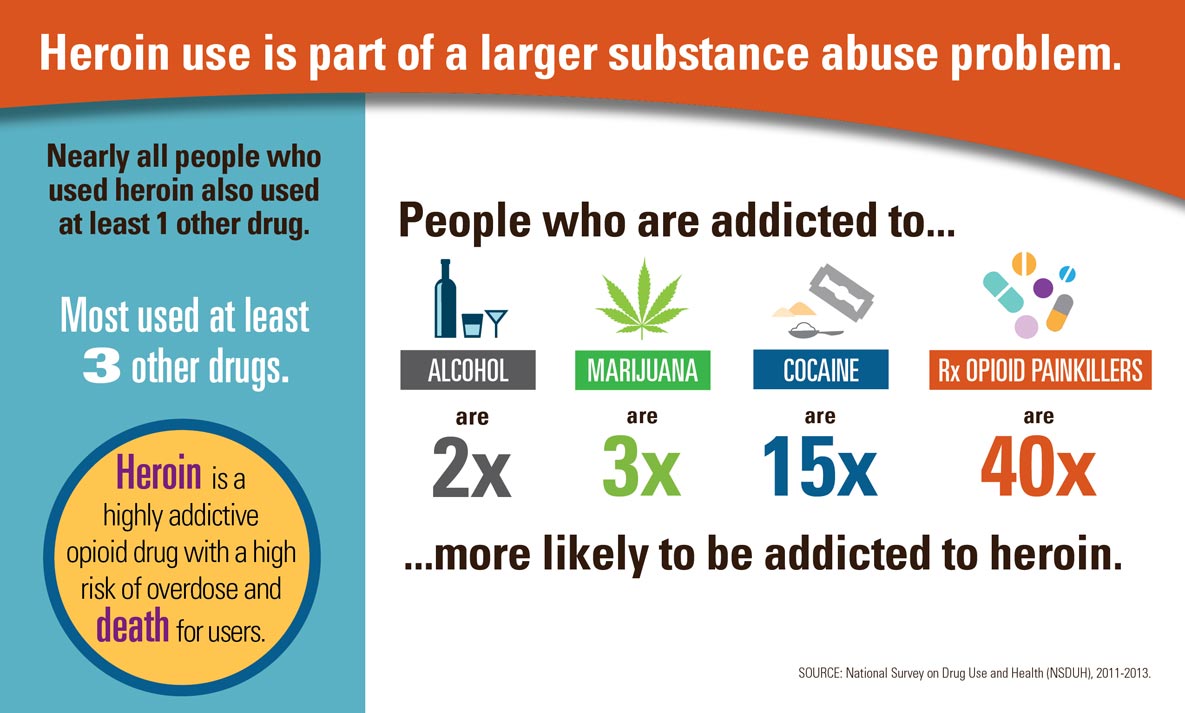CDC
Current sort has key articles at the top. Click on "Article Date" to sort by date, click on specific "tag" to view all articles in that category.
| Title/Link | |
|---|---|
|
Outbreak of Lung Injury Associated with the Use of E-Cigarette, or Vaping, Products 12/12/2019 |
CDC, the U.S. Food and Drug Administration (FDA), state and local health departments, and other clinical and public health partners are investigating a national outbreak of e-cigarette, or vaping, product use-associated lung injury (EVALI). CDC, Vaping, states, Mapping |
|
Marijuana and Pregnancy 02/01/2017 |
Marijuana use during pregnancy can be harmful to your baby’s health. The chemicals in marijuana (in particular,tetrahydrocannabinol or THC) pass through your systemto your baby and can negatively affect your baby’s development. Pregnancy, 2017 Legislation, CDC |
|
2017 CDC Summary 02/01/2017 |
CDC, 2017 Legislation |
|
Learn more about the risks marijuana use poses to your health. 01/29/2017 |
Here are just a few of the health effects you may want to know:
Brain, heart, lungs, mental health, poisoning, Pregnancy, driving, CDC, stroke, Side-Effects |
|
Marijuana and Driving 01/15/2017 |
2017 Legislation, driving, CDC |
|
Marijuana and Public Health CDC 01/15/2017 |
Some people think that marijuana is not truly “addictive” or that people can’t become “hooked” on the drug, but research shows that about 1 in 10 marijuana users will become addicted. For people who begin using before the age of 18, that number rises to 1 in 6. CDC, 2017 Legislation, addiction |
|
Parent should know and understand 01/15/2017 |
CDC, Teens, parents, 2017 Legislation |
|
Excessive Alcohol Use Preventing a Leading Risk for Death, Disease, and Injury 12/31/2016 |
Excessive alcohol use accounts for 1 of 10 deaths among working-age adults in the United States. alcohol, CDC |
|
Notes from the Field: Death Following Ingestion of an Edible Marijuana Product — Colorado, March 2014 07/24/2015 |
Death, edibles, Colorado, CDC |
|
Today’s Heroin Epidemic Infographics 07/11/2015 |
|


